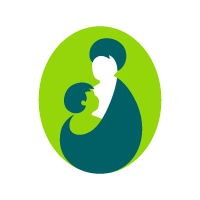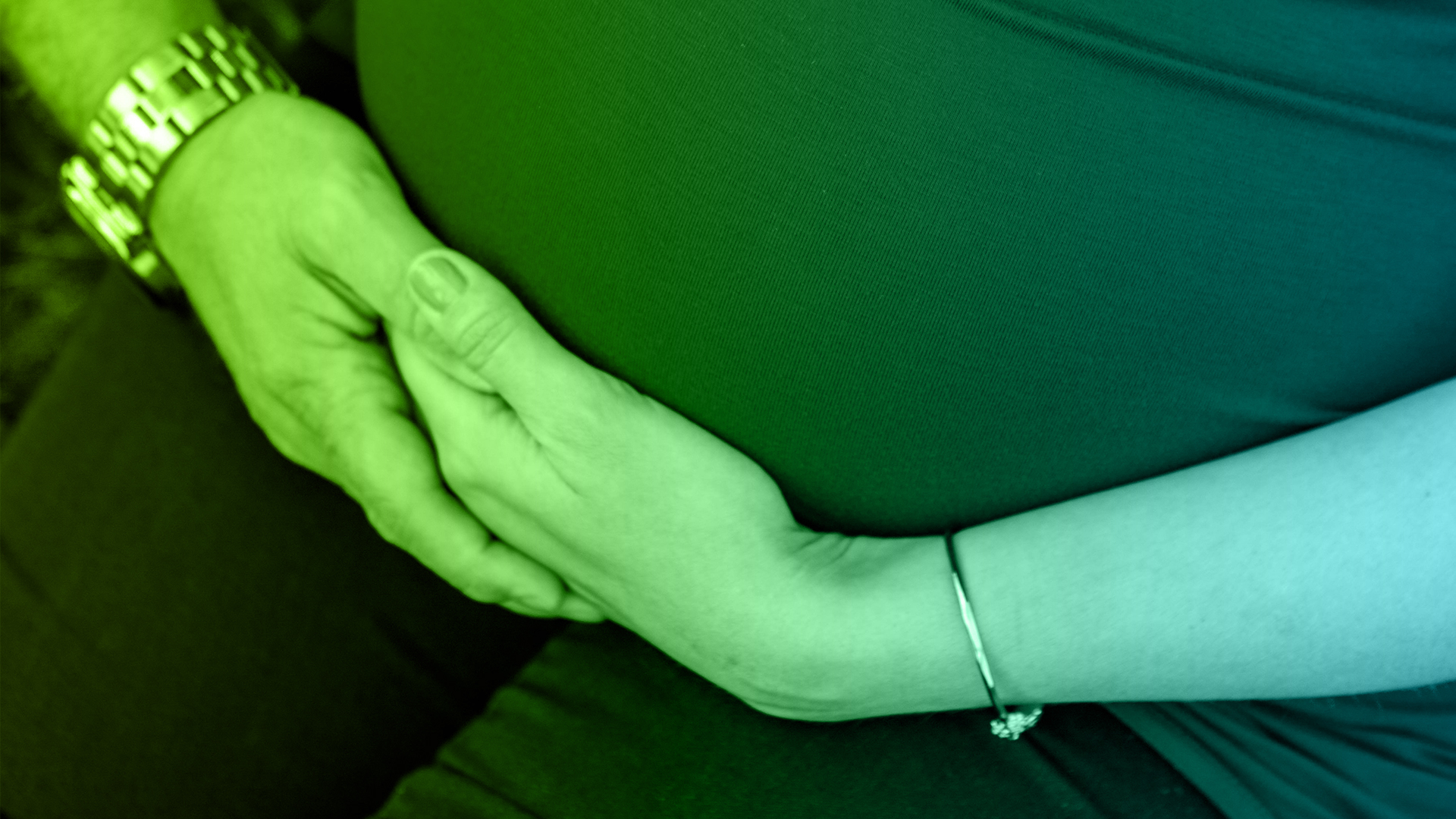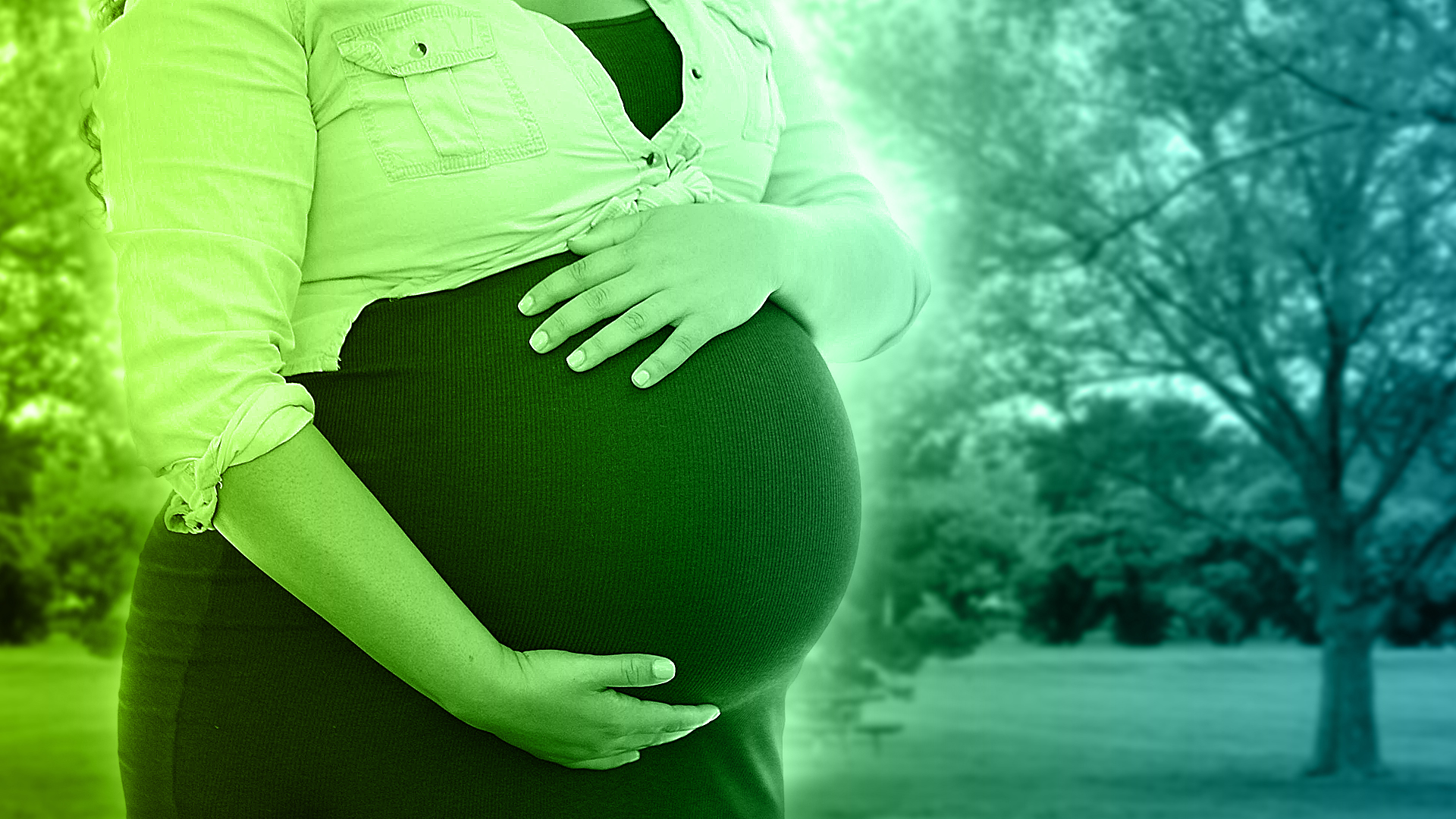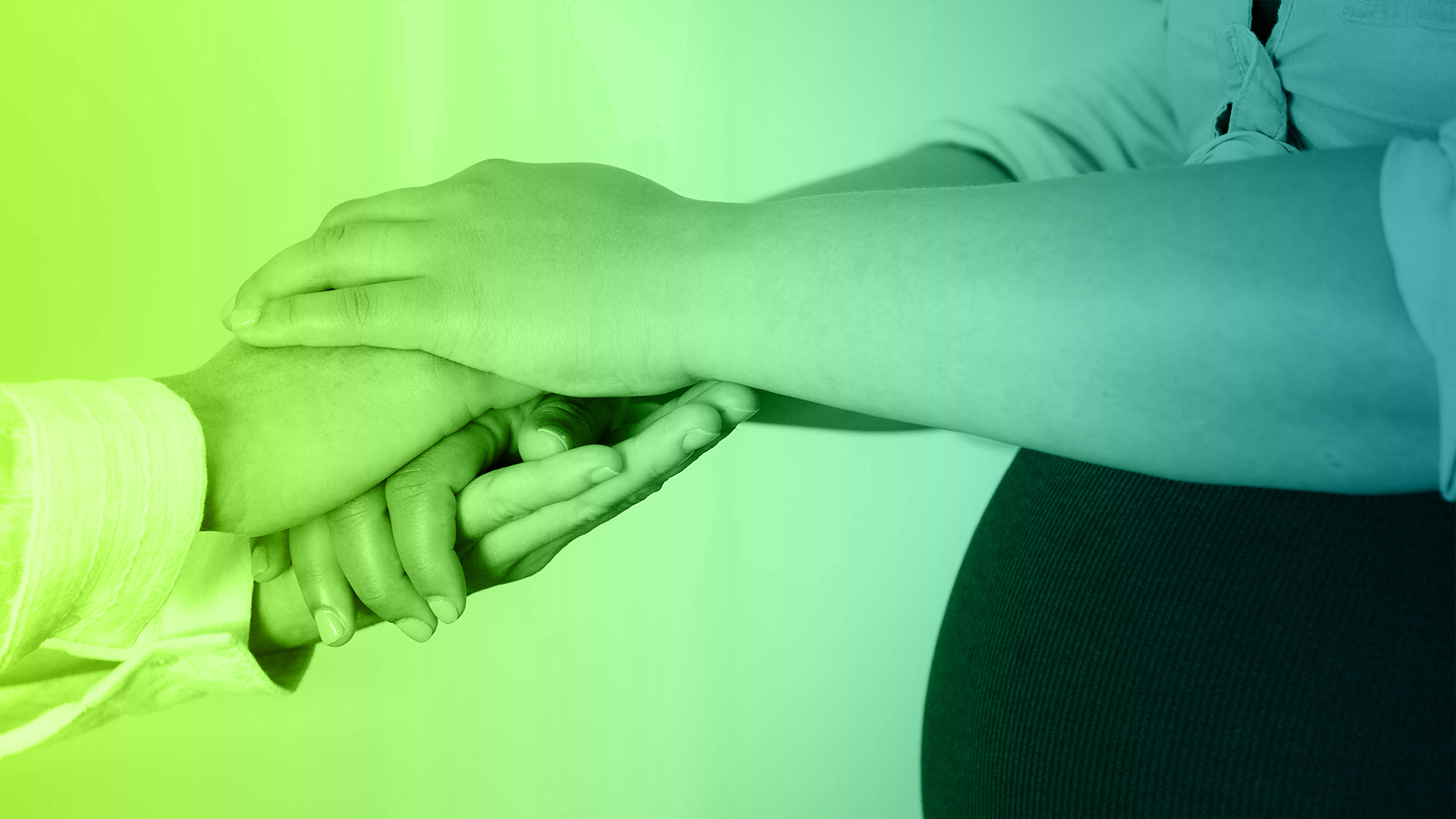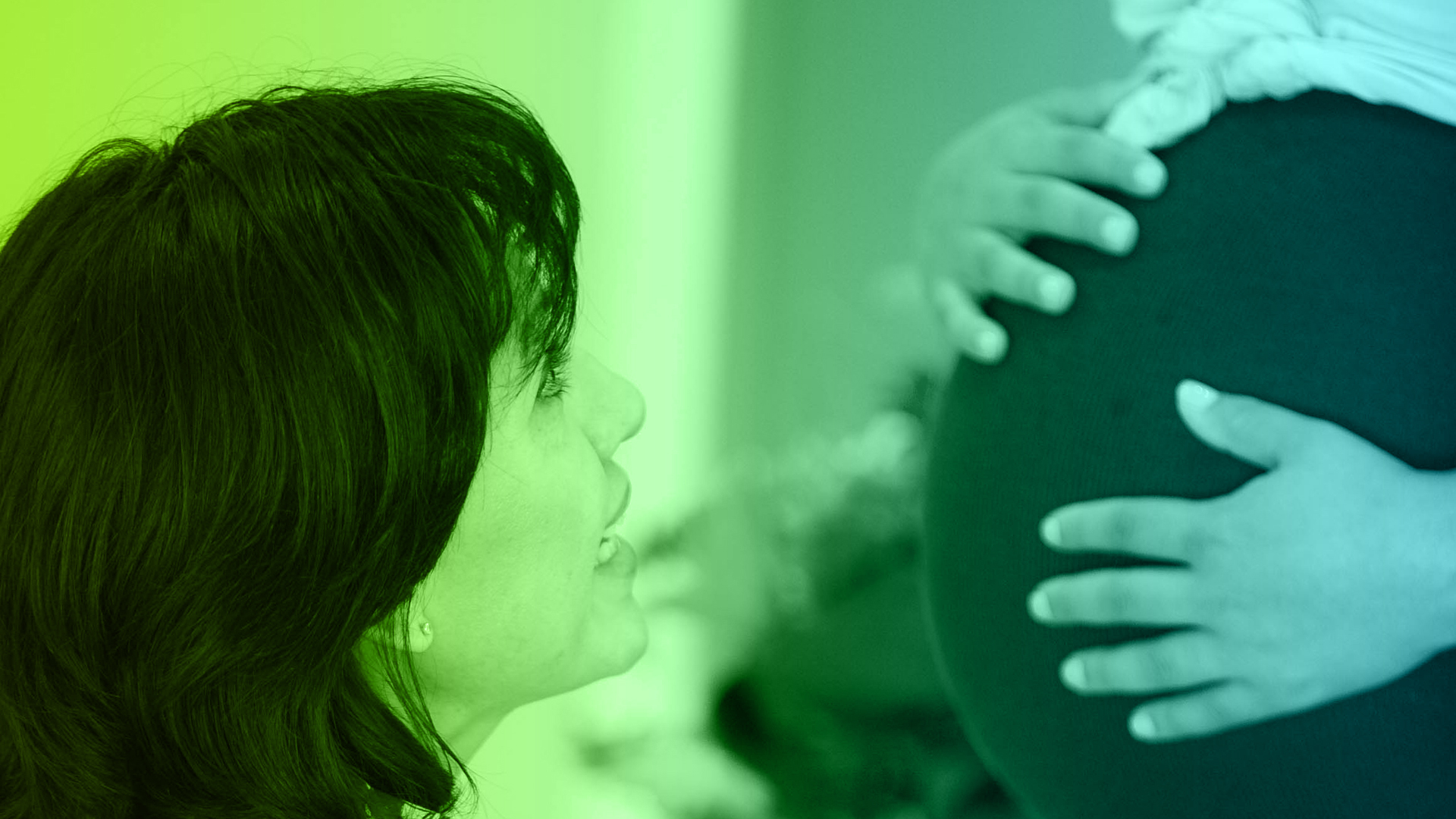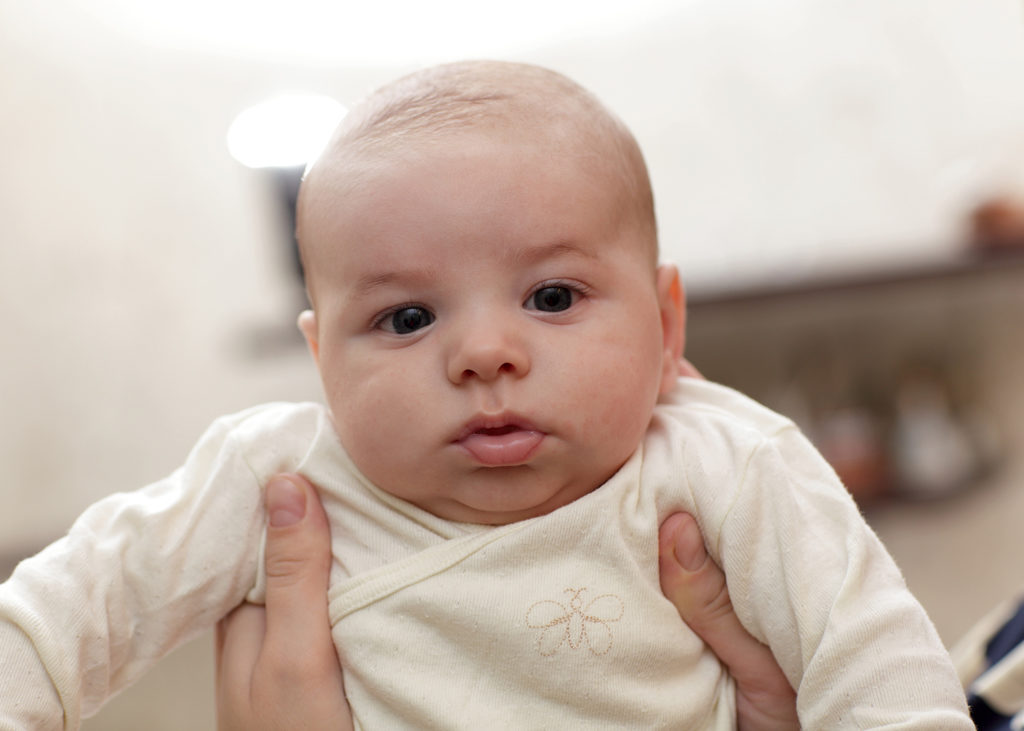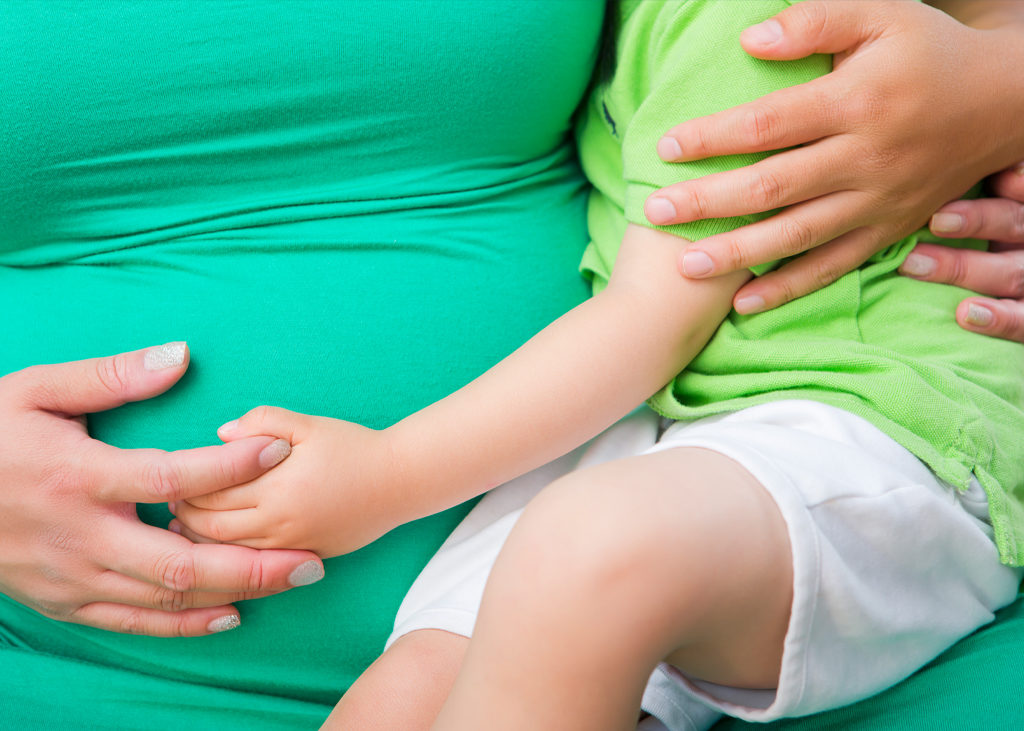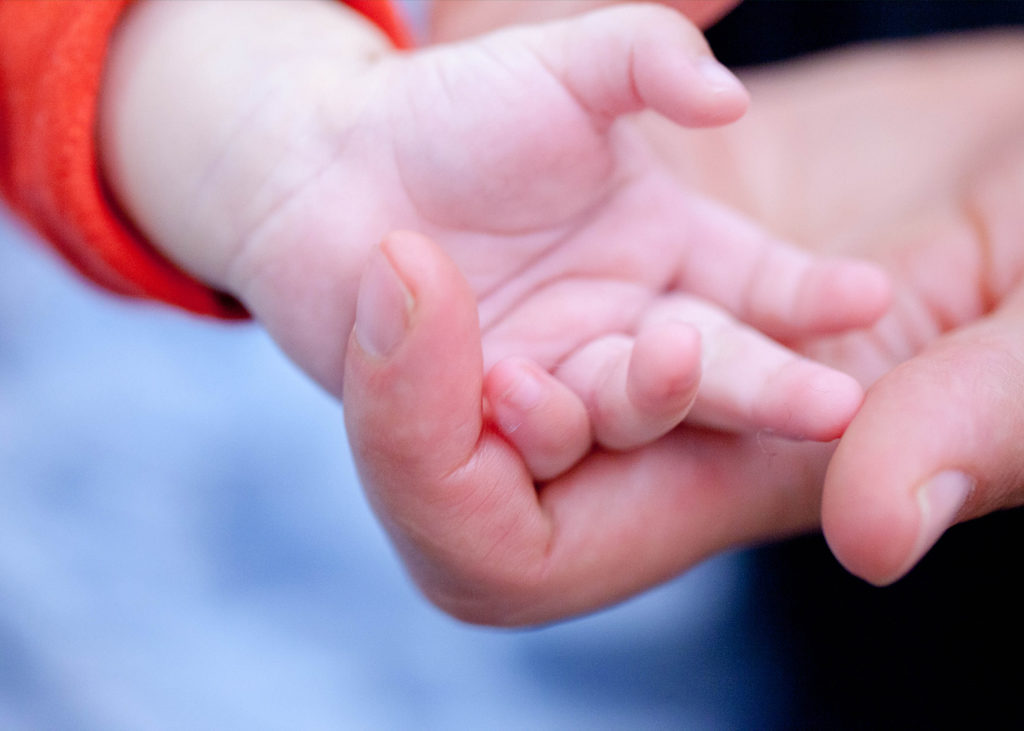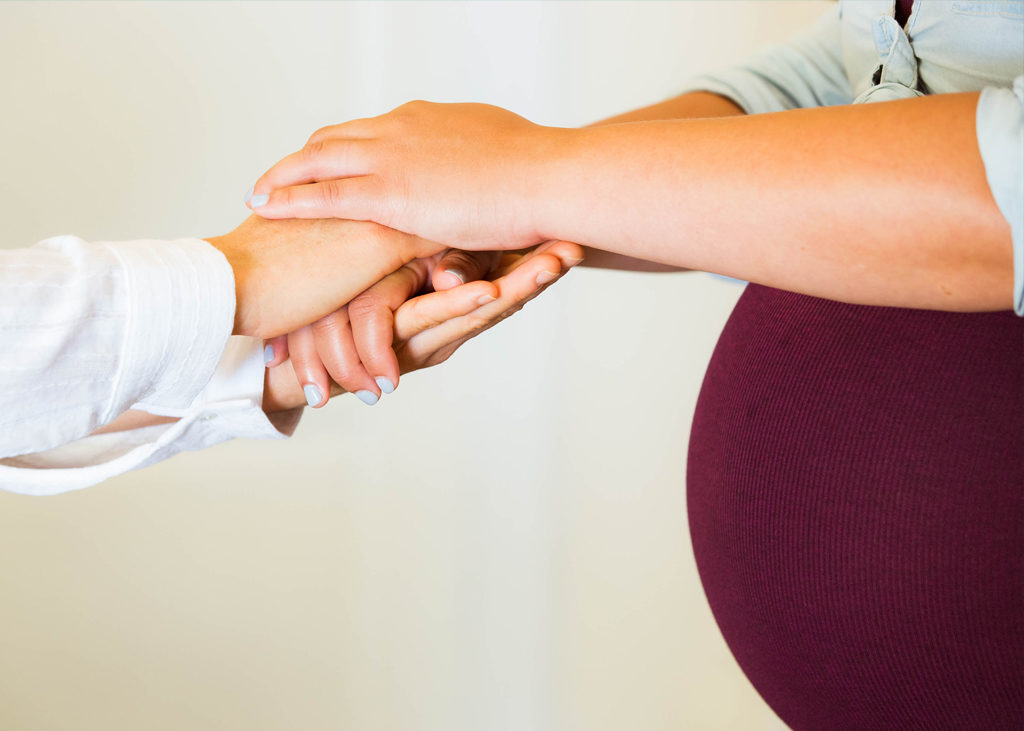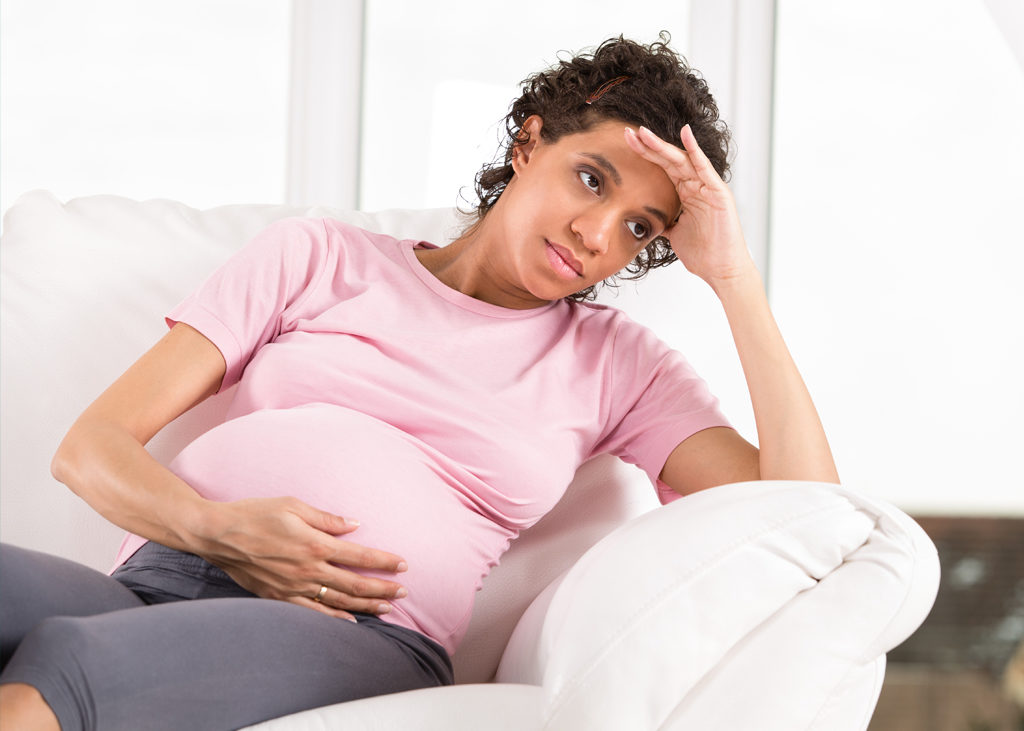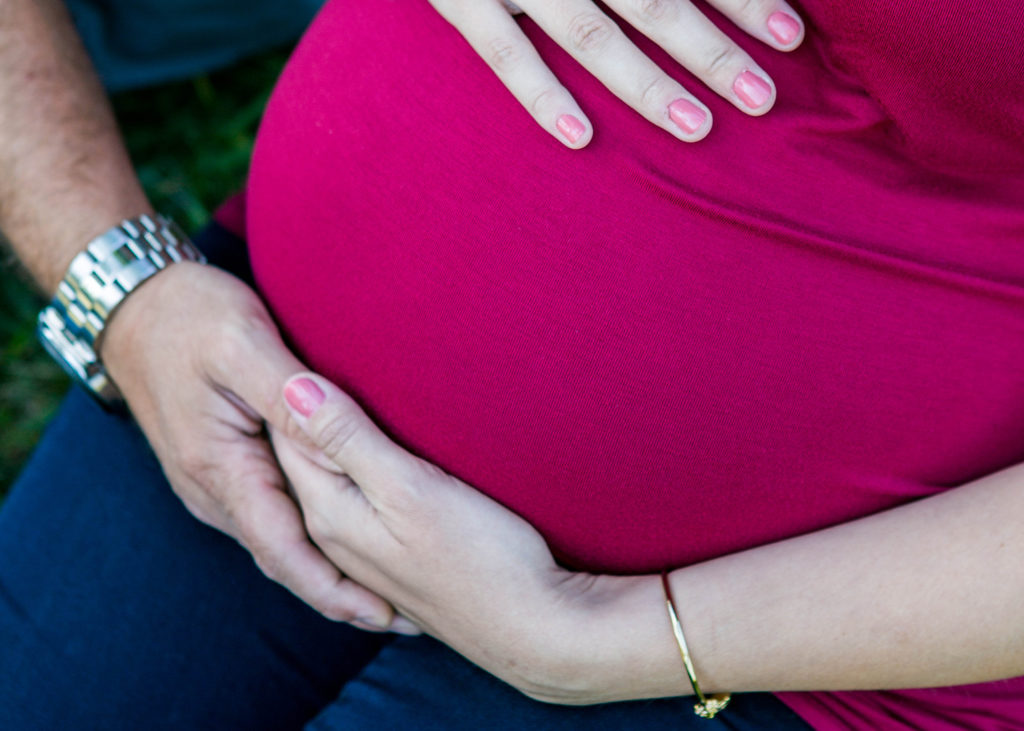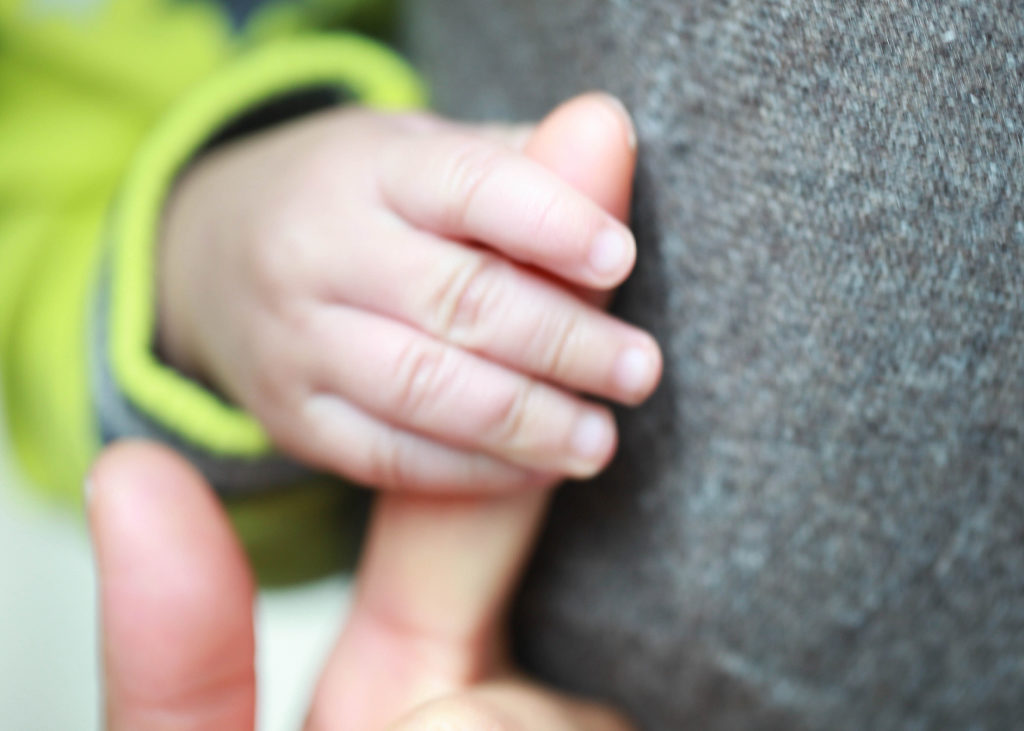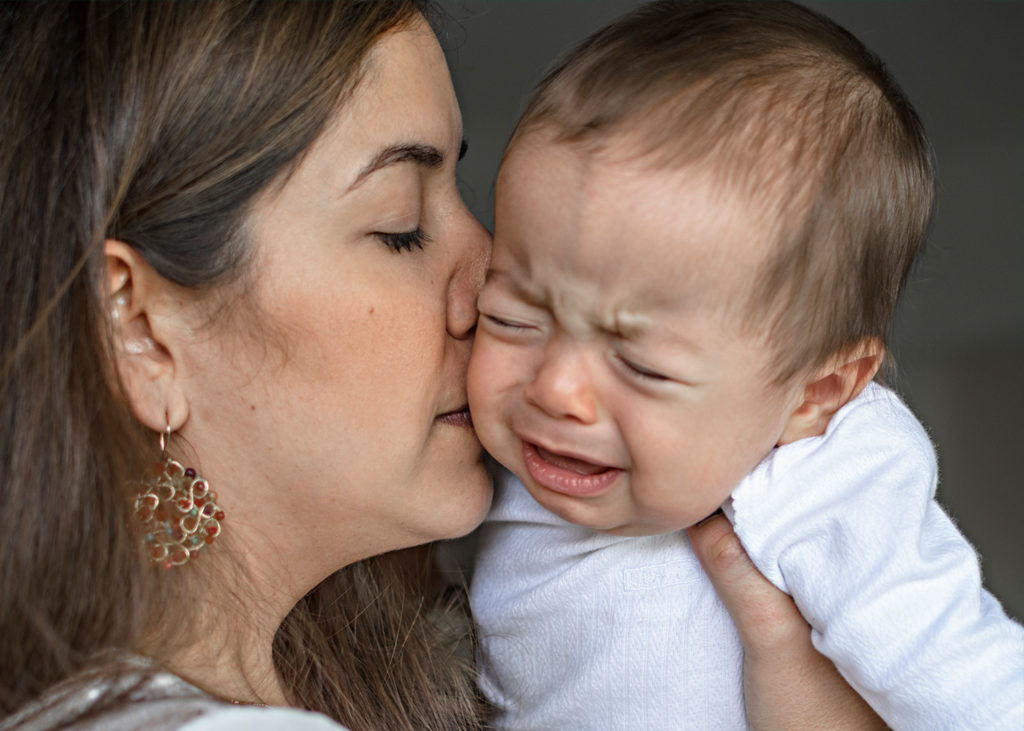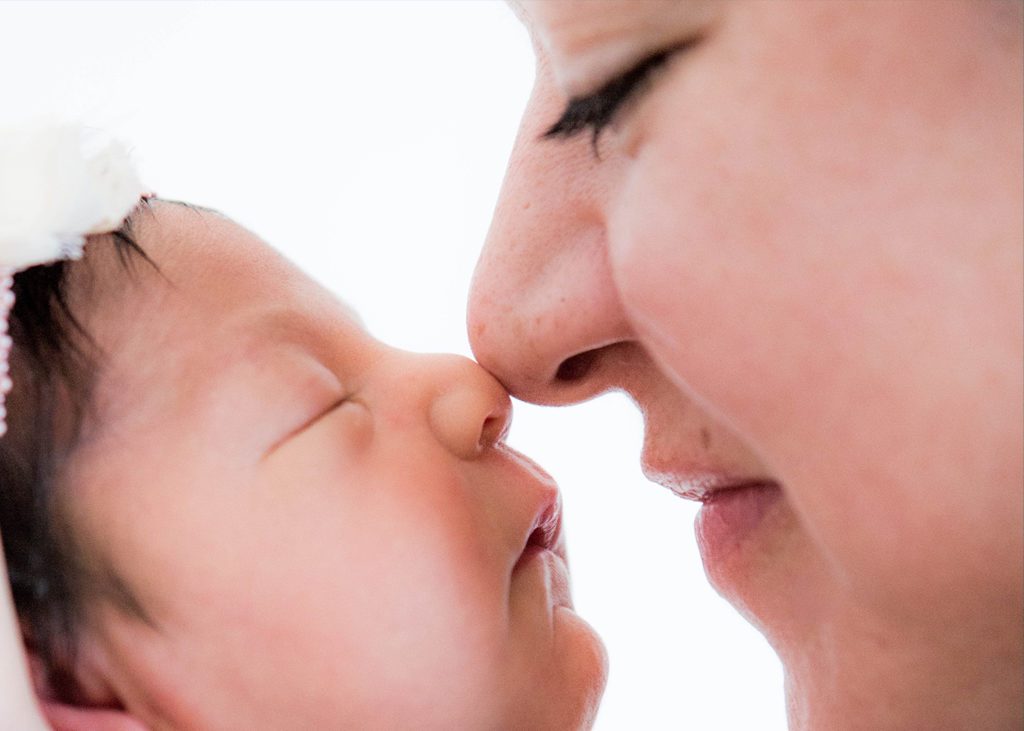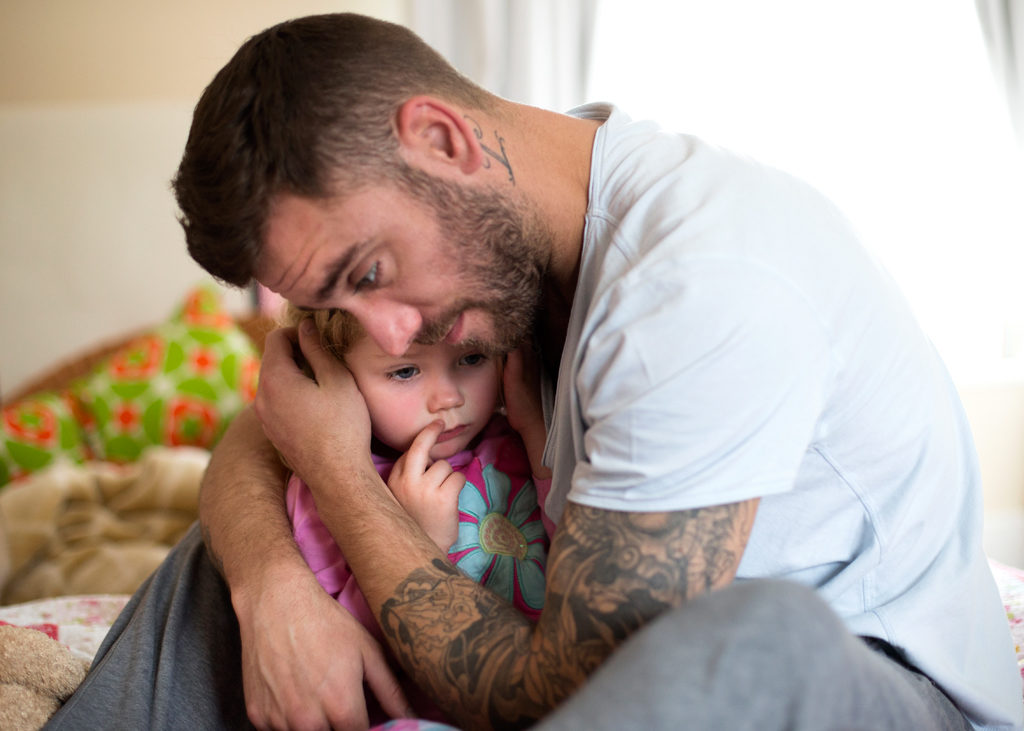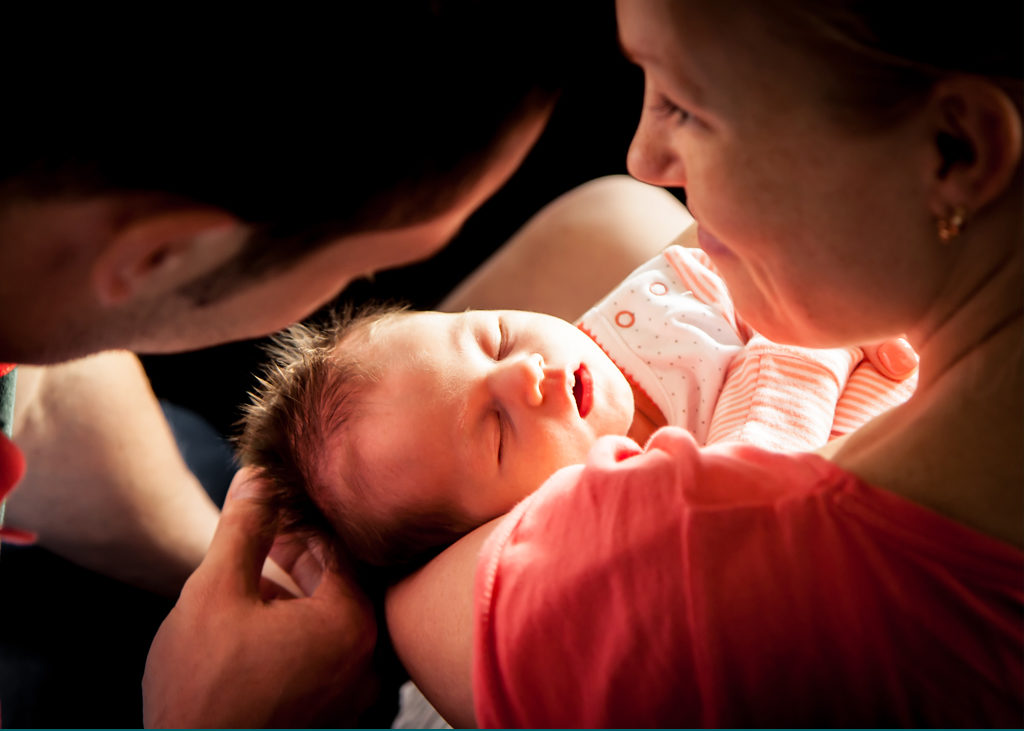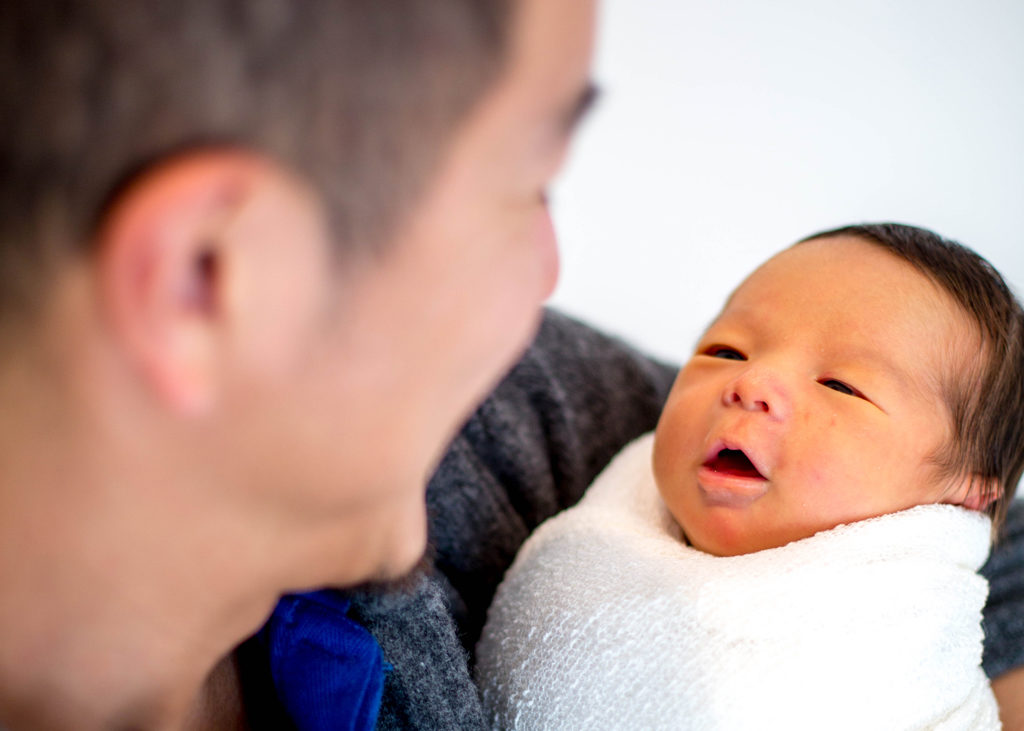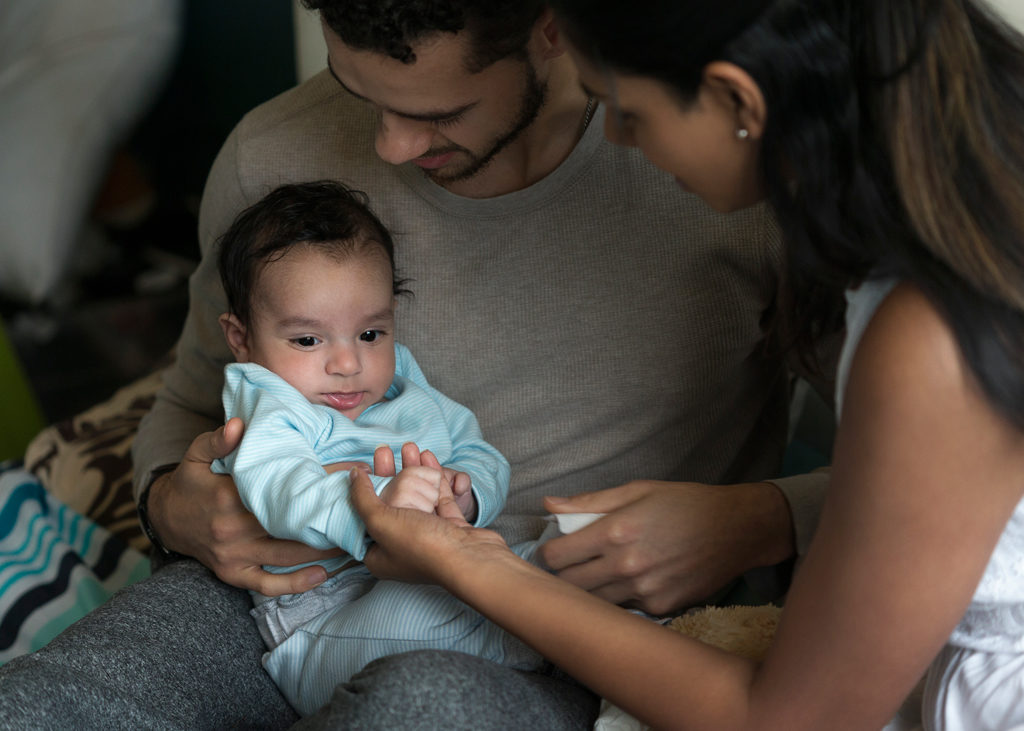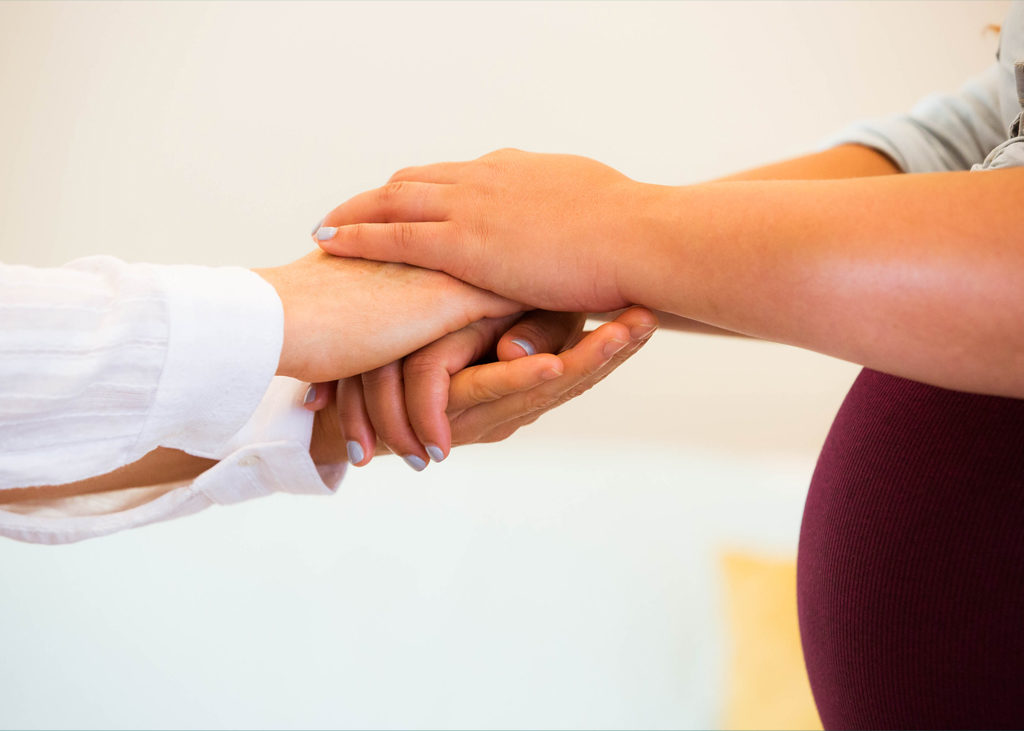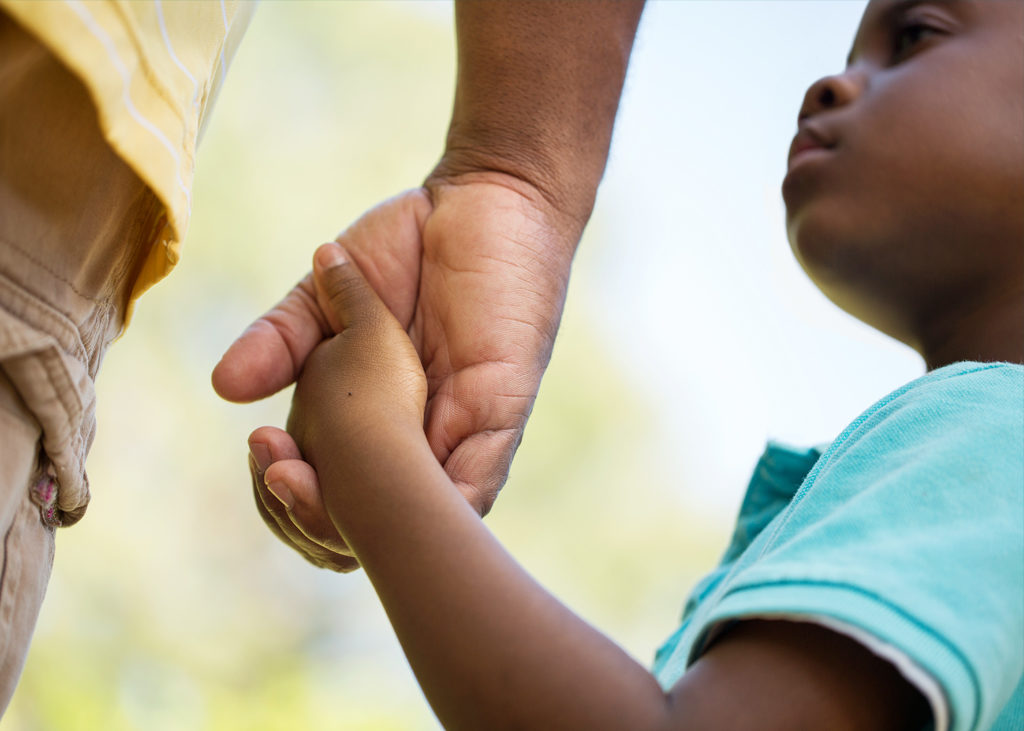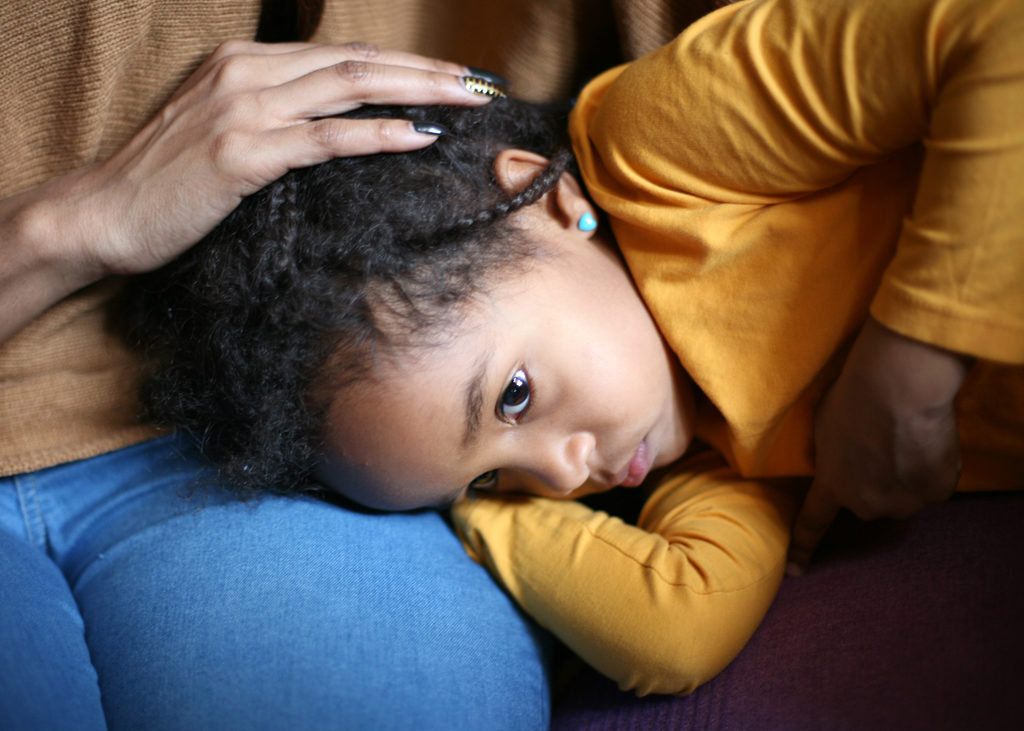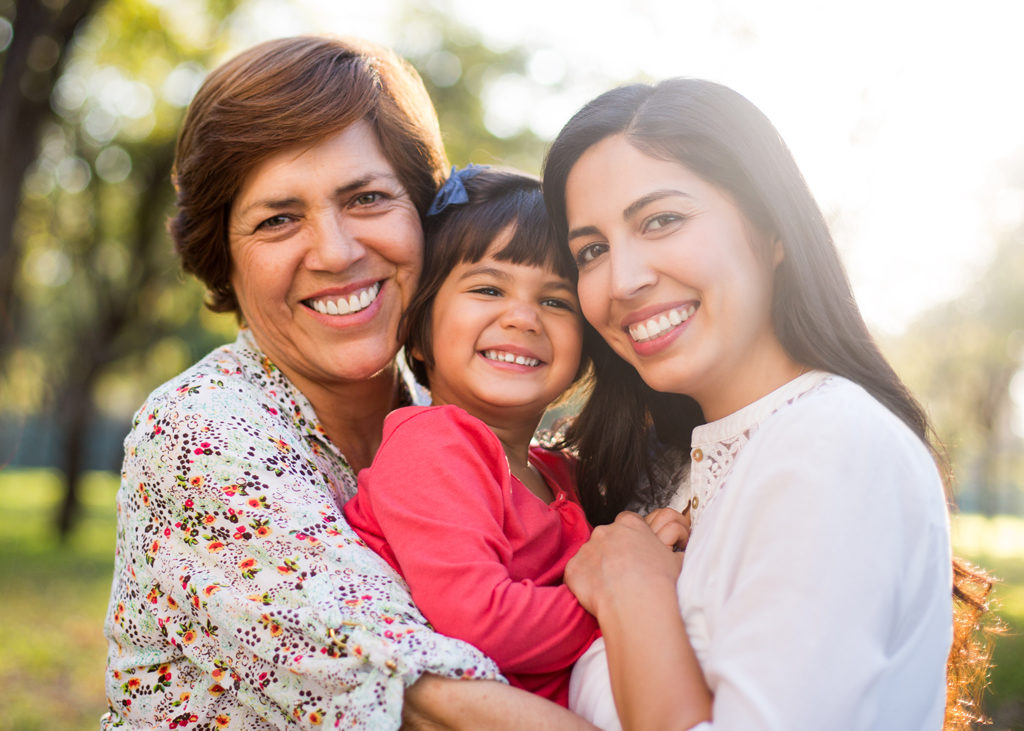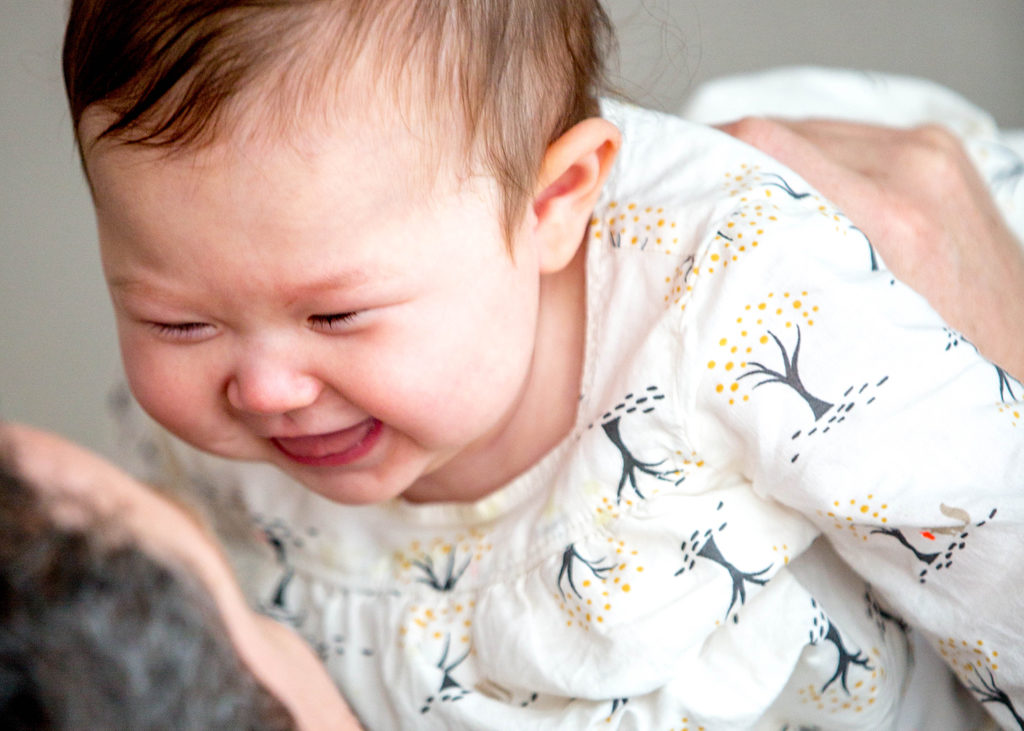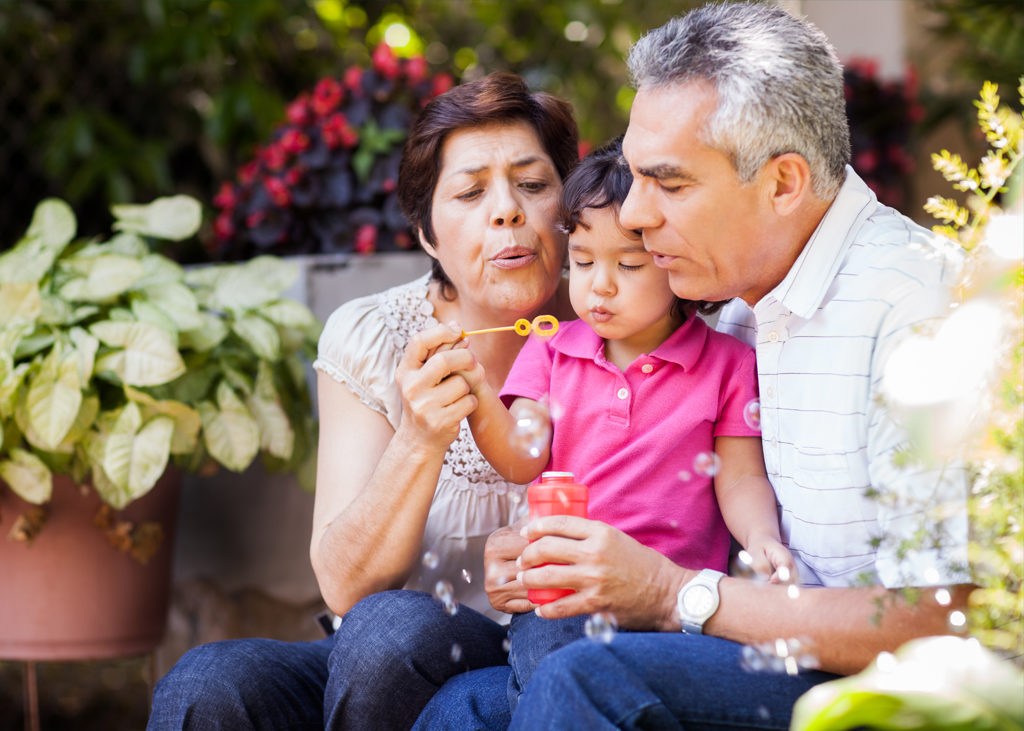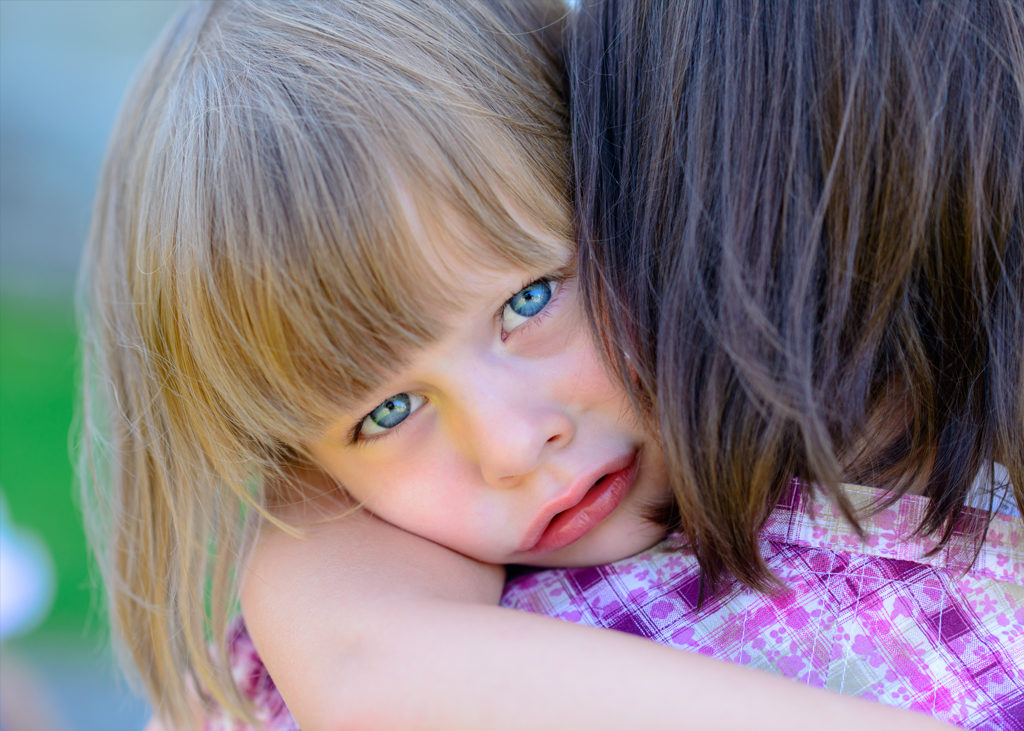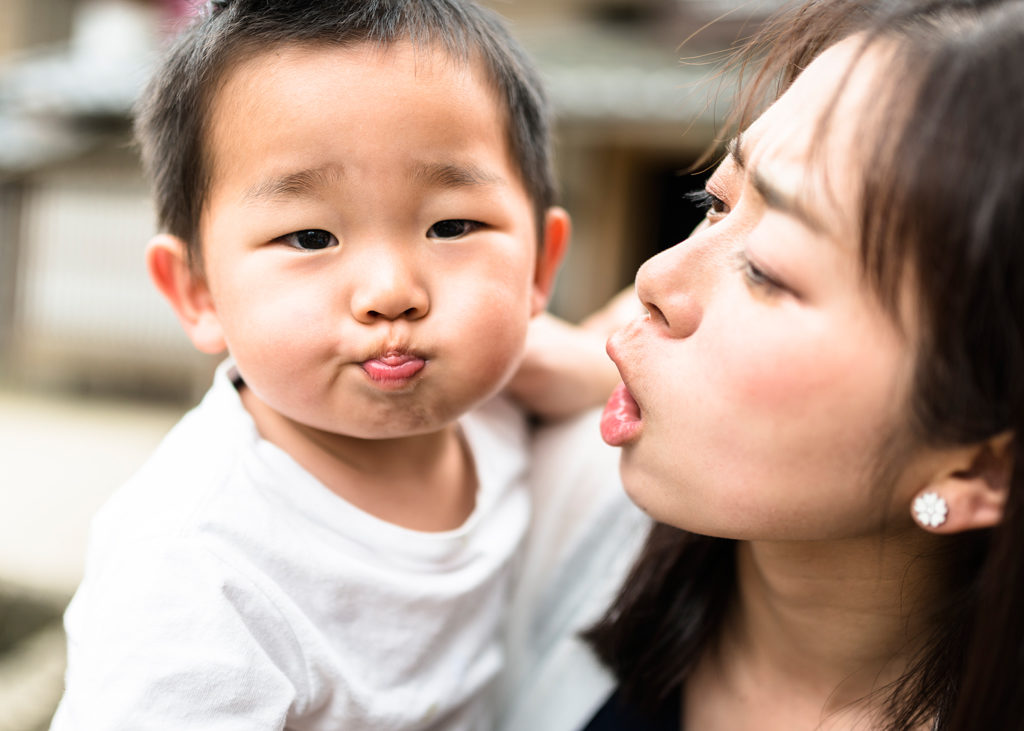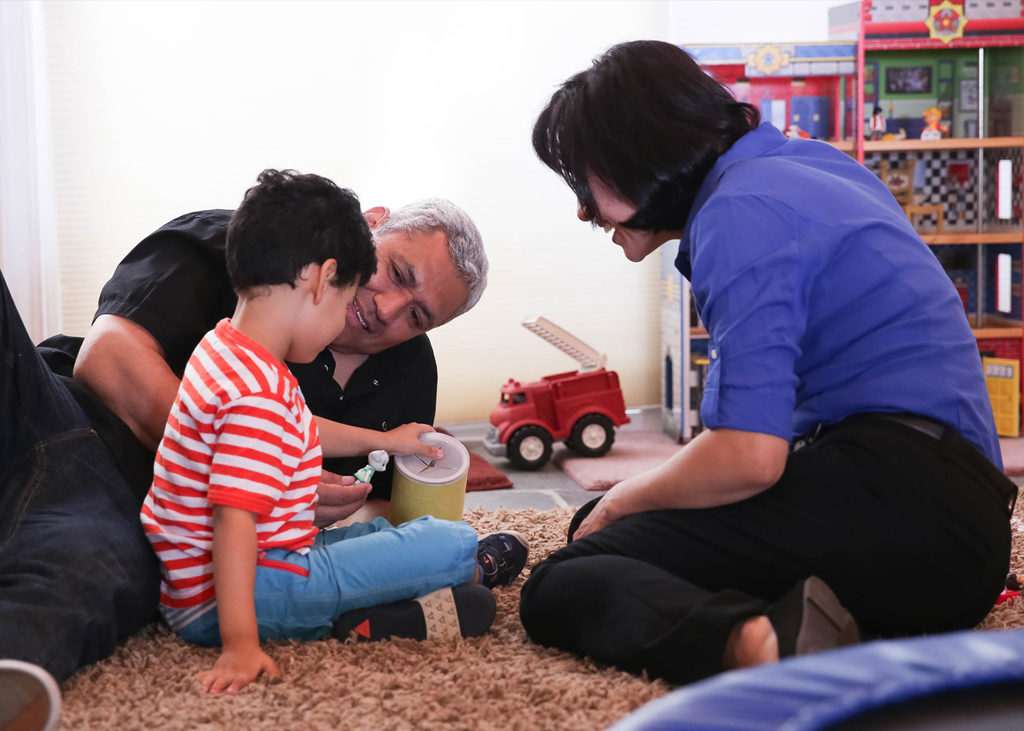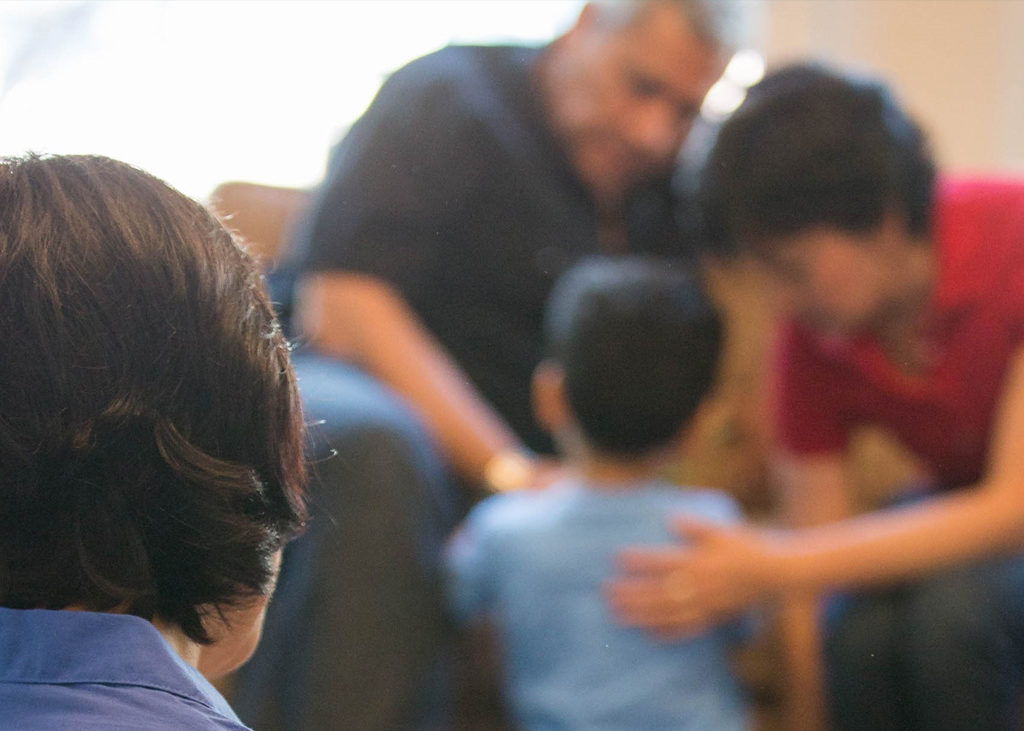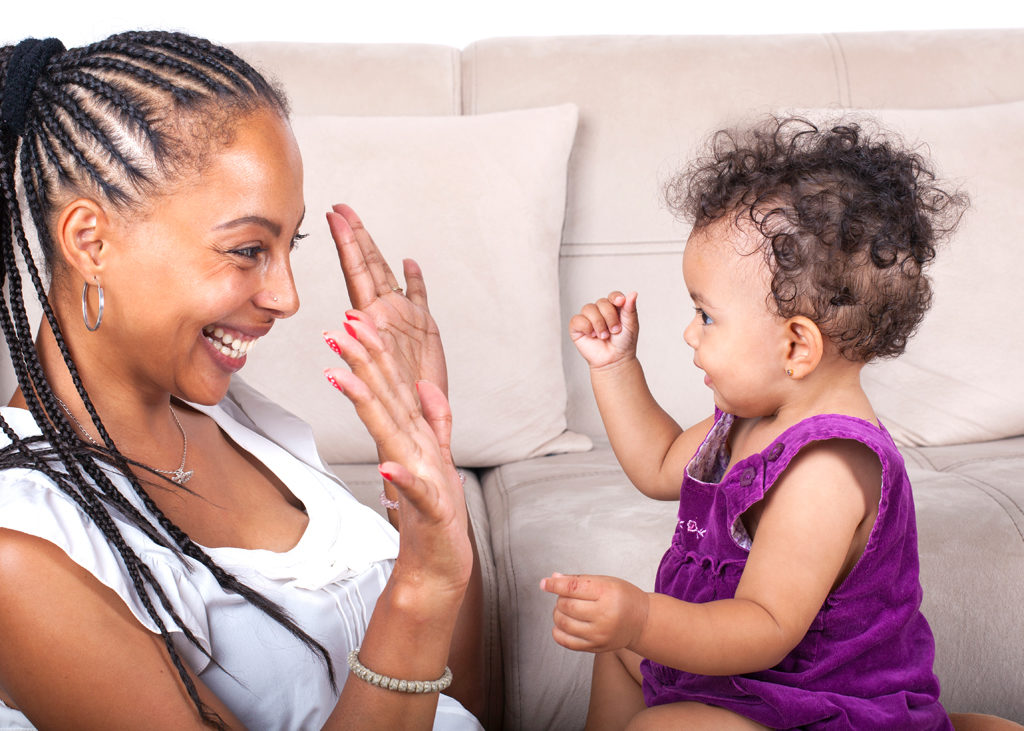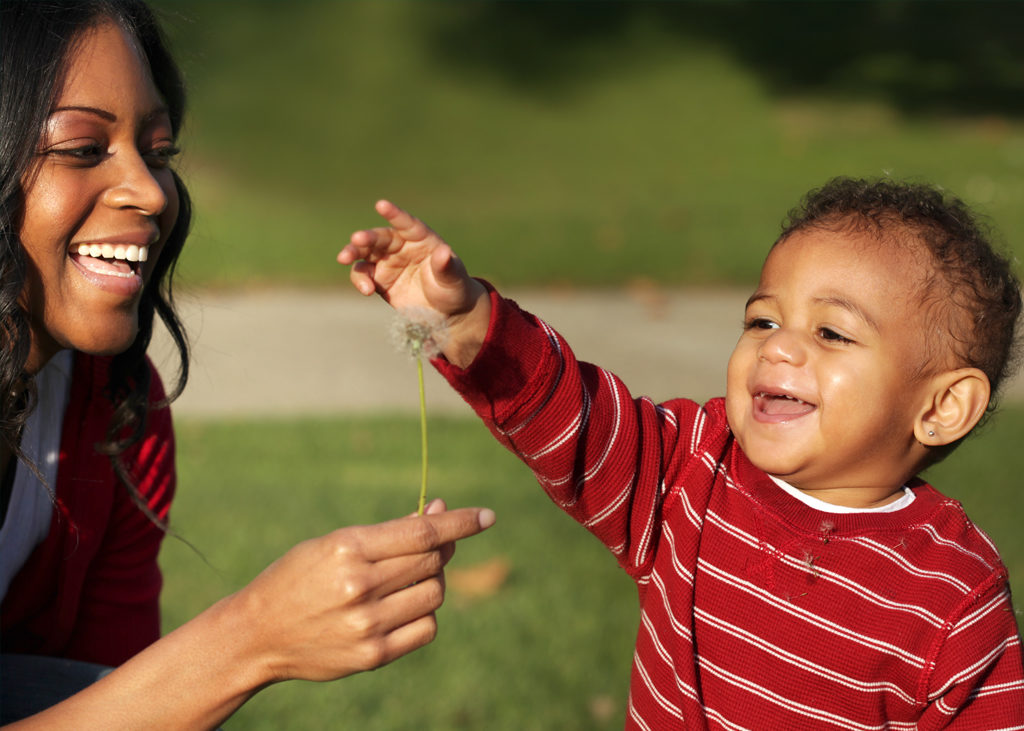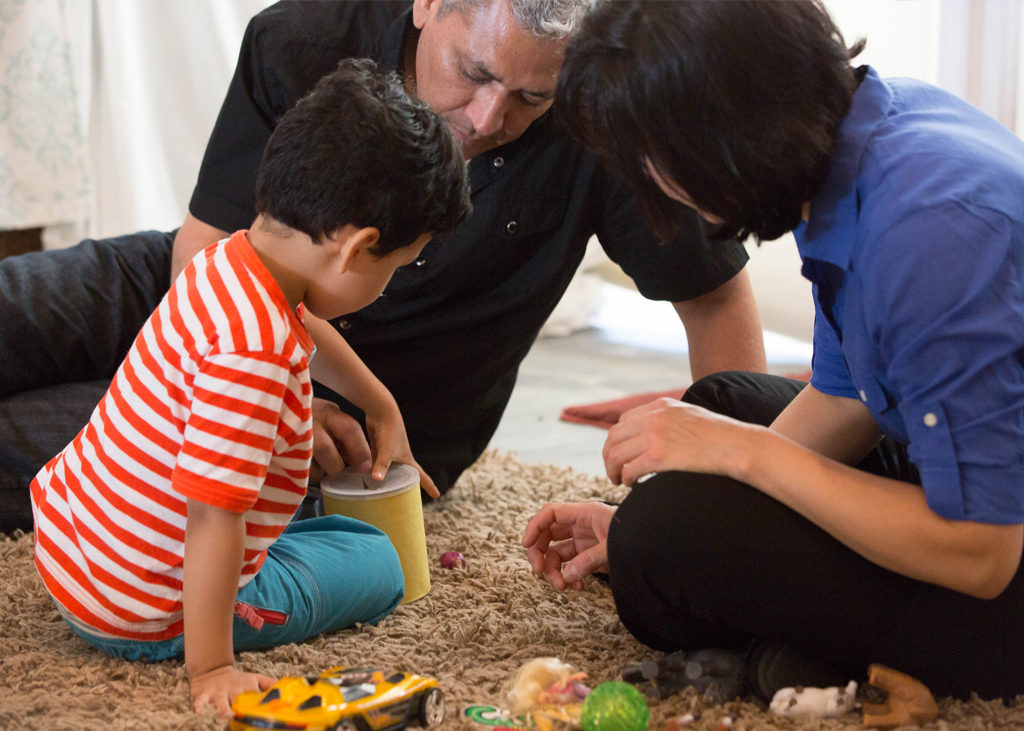Psychotherapy for Pregnant Women
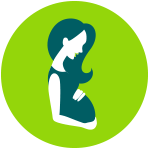
PSYCHOTHERAPY FOR PREGNANT WOMEN
Pregnancy is a period in a woman’s life marked by remarkable change and transformation, both physical and psychological. The physiological changes taking place in a woman’s body affects her sleep, energy, and eating, and the increased hormone levels can influence mood, memory, and thinking. Her relationship with her partner, a crucial source of support during this period, can be compromised. Not only do her relationships change, so does her identity as she takes on new social roles and responsibilities.
Although pregnancy often brings excitement and joy to a woman’s life, it can also bring uncertainty, worry, and stress. Preparing for labor and delivery and imagining caring for a newborn can be overwhelming to expectant mothers, particularly those experiencing motherhood for the first time or who have experienced serious complications during a previous pregnancy.
Women who can cope effectively with these demands and who receive adequate support can usually navigate these challenges successfully. However, women with limited coping resources, and especially those who lack strong social networks, can have a much harder time dealing with the physical and emotional demands of pregnancy. This is why pregnancy can be a time of increased risk for developing mood disorders, including depression and anxiety, especially in those with a history of mood problems.
Depression is a common problem, affecting up to 13 percent of pregnant women and new mothers, according to the U.S. Department of Health and Human Services. Symptoms of depression after birth can range from mild (often referred to as “baby blues”) to severe and debilitating, interfering with normal functioning, especially regarding the way that mothers care for and bond with their infants. When left untreated, mood problems during this critical period can negatively impact not only the mother’s health, but also her baby’s health and development.
Trauma and depression frequently occur together. Women who have experienced a traumatic event tend to be not only confused and frightened but also depressed. Untreated trauma and depressive symptoms during pregnancy and after birth pose a number of serious risks to the health and well-being of both the mother and her unborn baby.
"Untreated trauma and depressive symptoms during pregnancy and after birth pose a number of serious risks to the health and wellbeing of both the mother and her unborn baby." — Dr. Diaz
phone • 510-358-1967 | email • mdiaz@drmanueladiaz.com
address • 2927-A Shattuck Ave., Berkeley, CA 94705
If you are experiencing an emergency, call 911 or the Suicide & Crisis Hotline • 800-784-2433

©2017 Dr. Manuela A. Diaz, Licensed Clinical Psychologist

